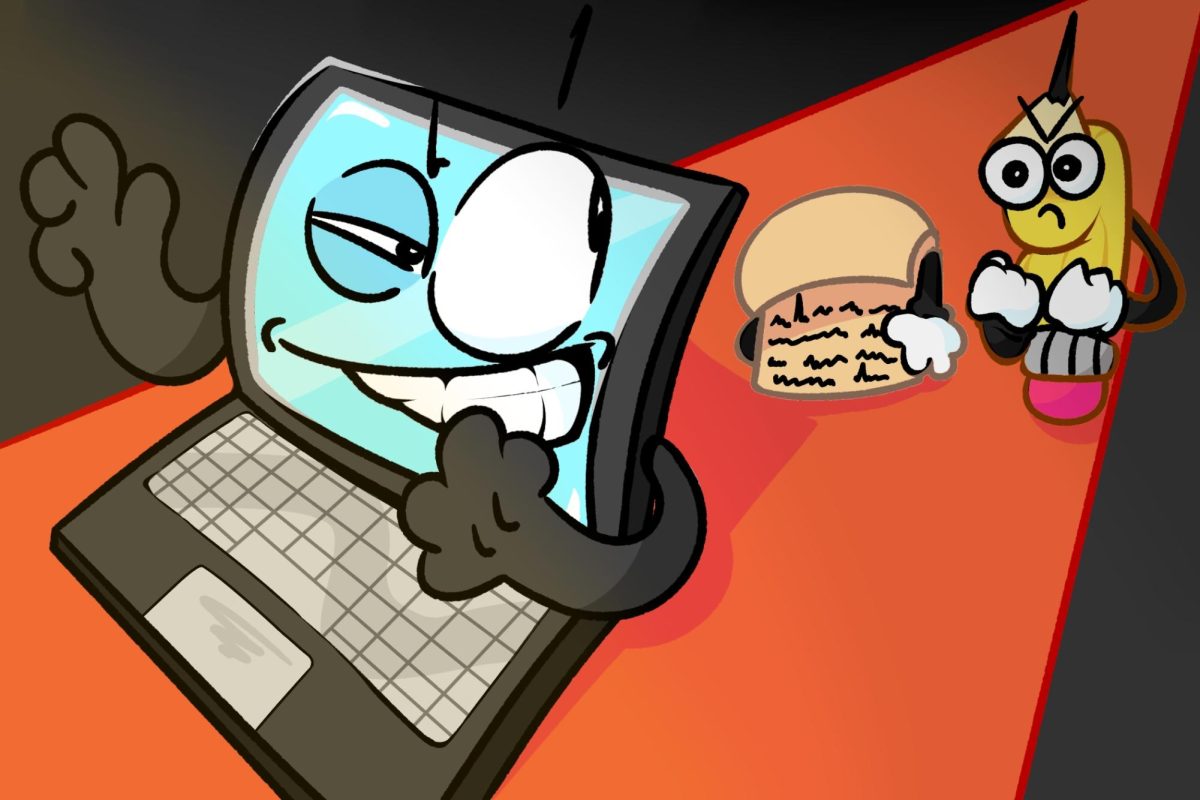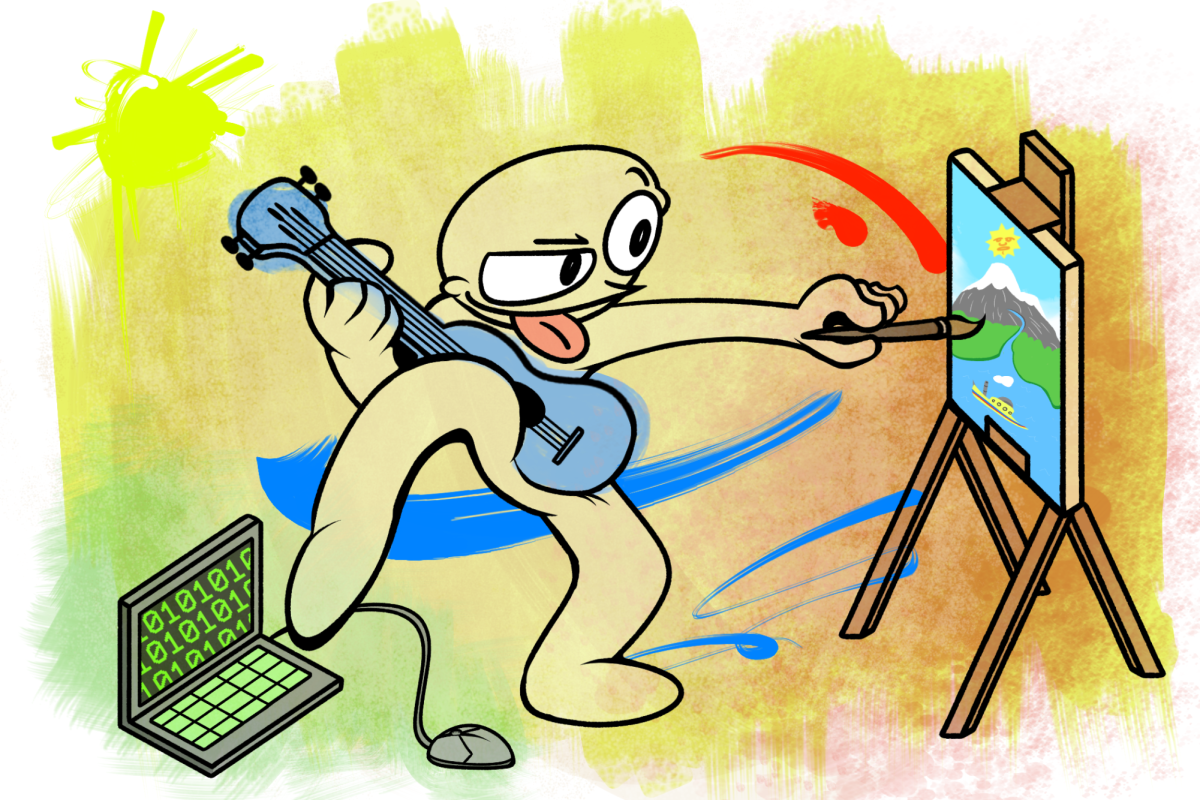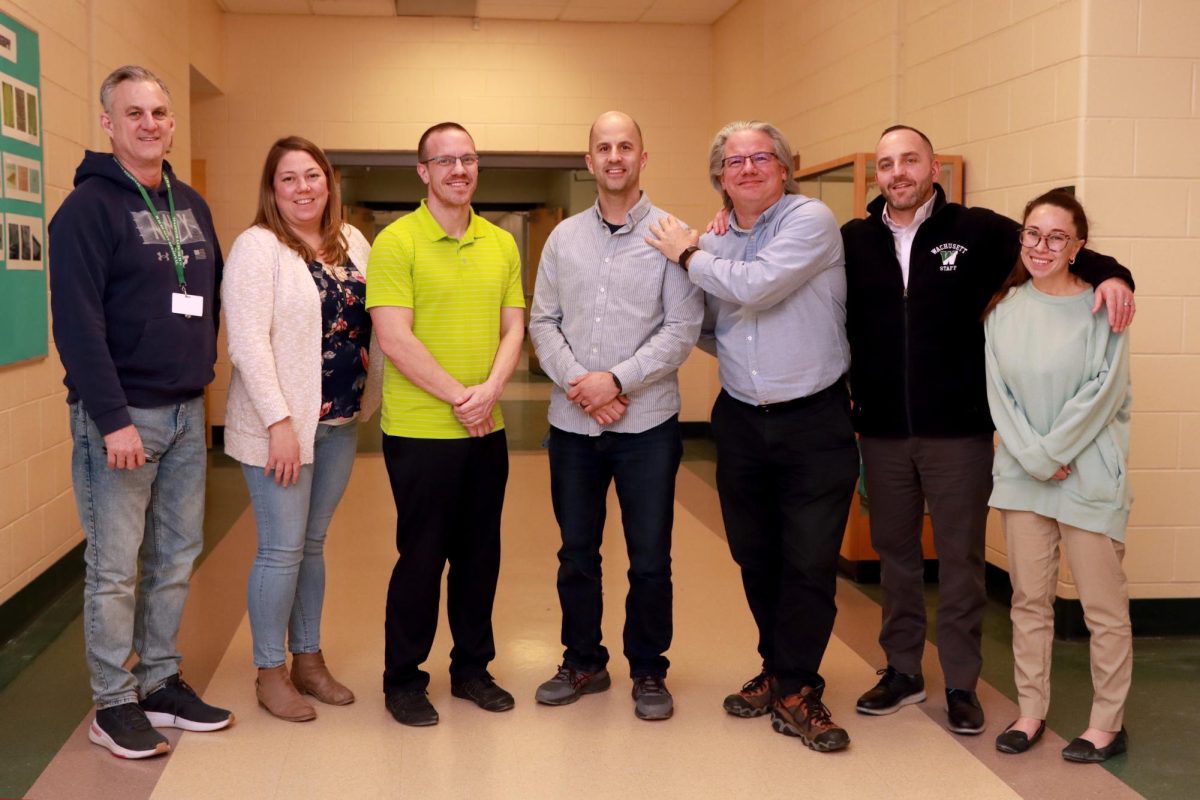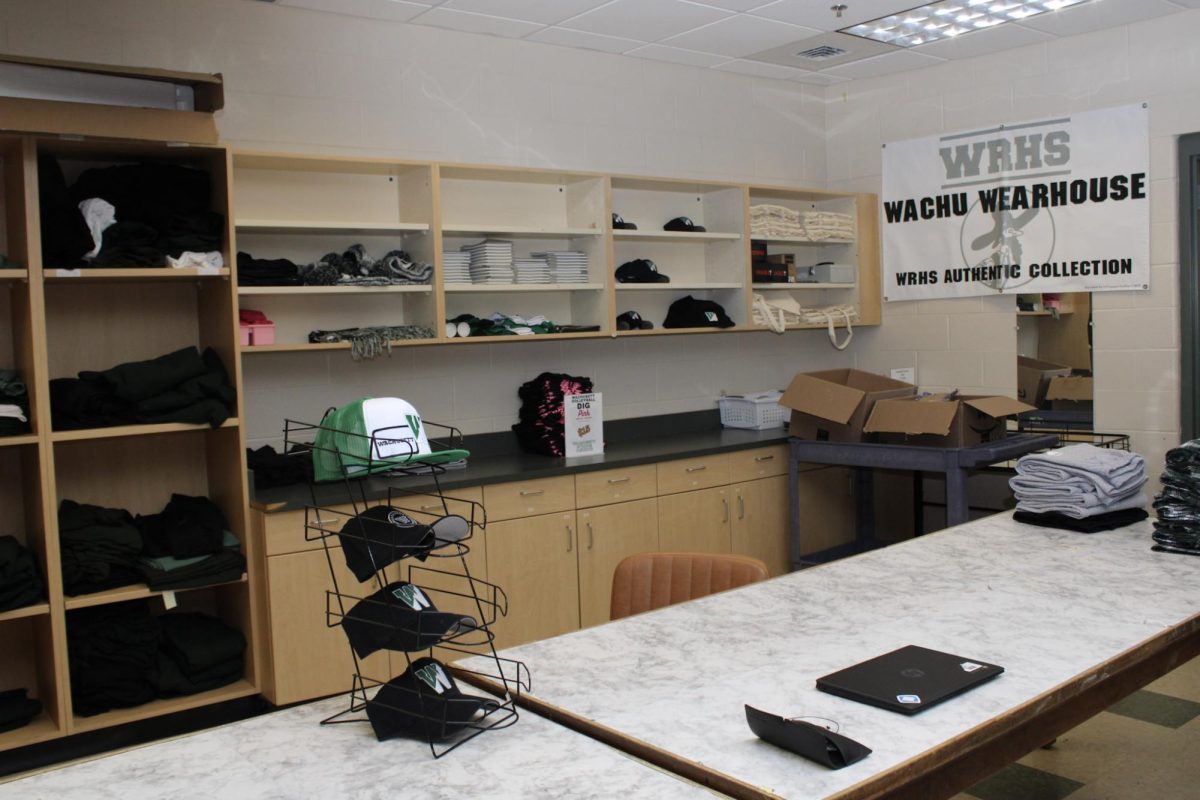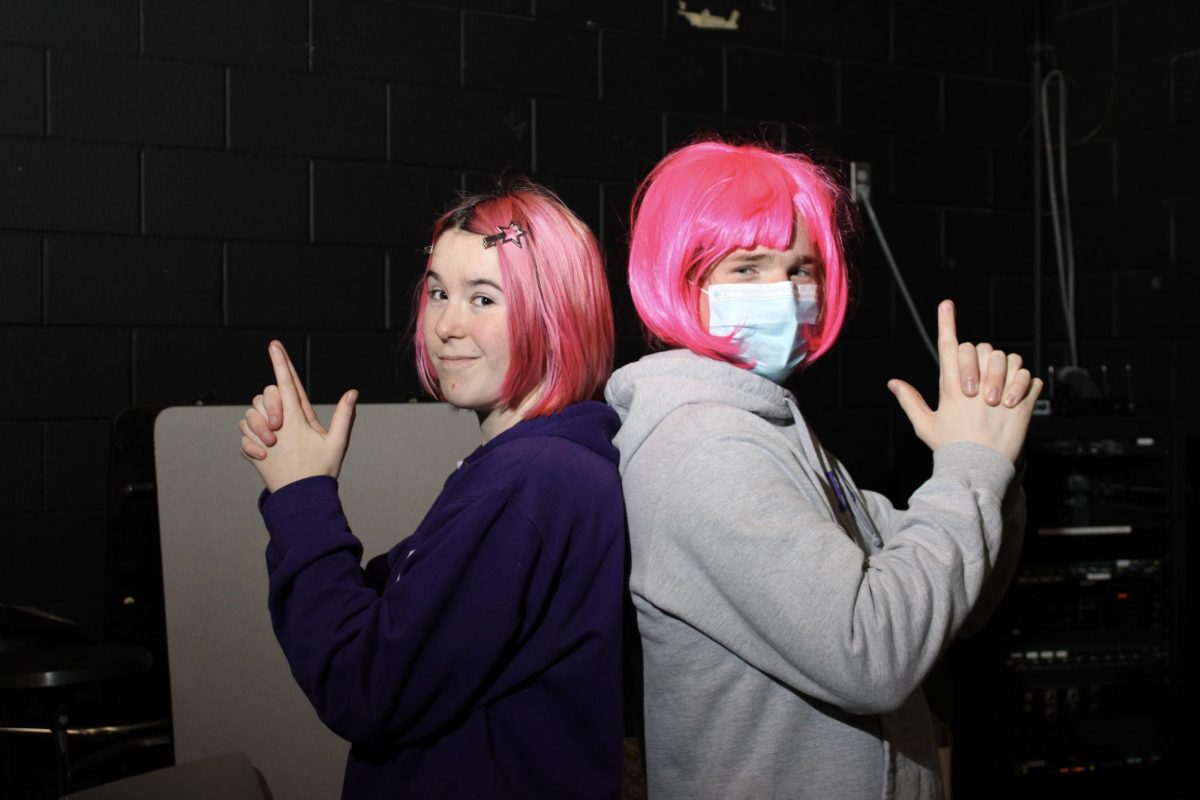As high stakes tests, like the PSAT, SAT, AP and MCAS, move towards being administered online, they begin to abandon the rapidly dissipating art of print handwriting. This shift aims to adapt towards a modernized future, but students may not be in favor of this change.
Assistant principal and former Math teacher Matthew Lane believes that computer testing provides more options than handwriting.
“Personally when I was a math teacher, I would try to mix it up,” said Lane. “But computers have a lot of benefits, such as giving feedback, and also faster grading.”
Sam Peoples said he dislikes Deltamath, a math website used in most classrooms.
“The majority of people don’t like Deltamath,” said Peoples. “What’s the point of doing it online if you have to do the work on paper anyway? Not to mention it seems like we do [Deltamath problems] all the time.”
Senior Harry Stelmach said he agrees with Peoples, and finds advantages in using paper.
“On tests, I definitely prefer using paper instead of computers,” said Stelmach “Not only have we been doing paper tests basically our whole lives, but my eyes end up getting tired from staring at the screens for long periods of time during tests.”
Recent studies, such as one completed by JMU Scholarly Commons, have shown that handwriting notes aid in information retention and can lead to higher test scores.
Sophomore CJ Goode said he agrees with the study’s results.
“Typing is definitely a lot more convenient than handwritten notes,” said Goode. “But I personally feel that writing things down by hand helps me remember them better for tests.”
Alhassan Ali shared similar sentiments.
“Handwritten notes and such help me remember things a bit better,” said Ali. “But Quizlets are an easier way to stay organized and have multiple options to study, which I like.”
Several faculty members said they prefer more traditional teaching methods.
“Personally, I like to hand out a lot of papers in class,” said History teacher Jesse Jukubiak. “I feel as though it allows students to memorize stuff better, even if it is more efficient to organize assignments on computers.”
According to administration, technology does have its drawbacks.
“There are a lot of distractions and the use of AI has come up,” said Lane. “Luckily there are programs to block websites like this, which keeps computers efficient while not allowing students to cheat.”
Junior Josslyn Befford said she sees the benefits of both ways of studying.
“I like writing essays on computers, but I like note-taking by hand,” said Befford. “But if I had to choose between one or the other, I would choose neither.”
Instead, Befford said, she would use specific technology to experience the best of both worlds.
“I would choose an iPad because I like taking notes with pencils, because I feel like I memorize them better,” said Befford. “I also like the aspect that you can organize files really easily.”
Some of the youngest Mountaineers admit they like the rise of computers in classrooms.
“I think that computers are more effective and easier to handle,” said freshman Hunter Berry. “Especially when it comes to people with bad handwriting. It is much easier to type for it to be legible, not to mention it is quicker.”
Stelmach said he also feels like computers can be helpful for people who can’t write exclusively through handwriting.
“Although I don’t like computers as much as handwriting there are definitely positives to computers,” said Stelmach. “For example, some people with disabilities are not able to use handwriting and I think it’s great that they have the option of using computers to still be able to do assignments/tests.”



